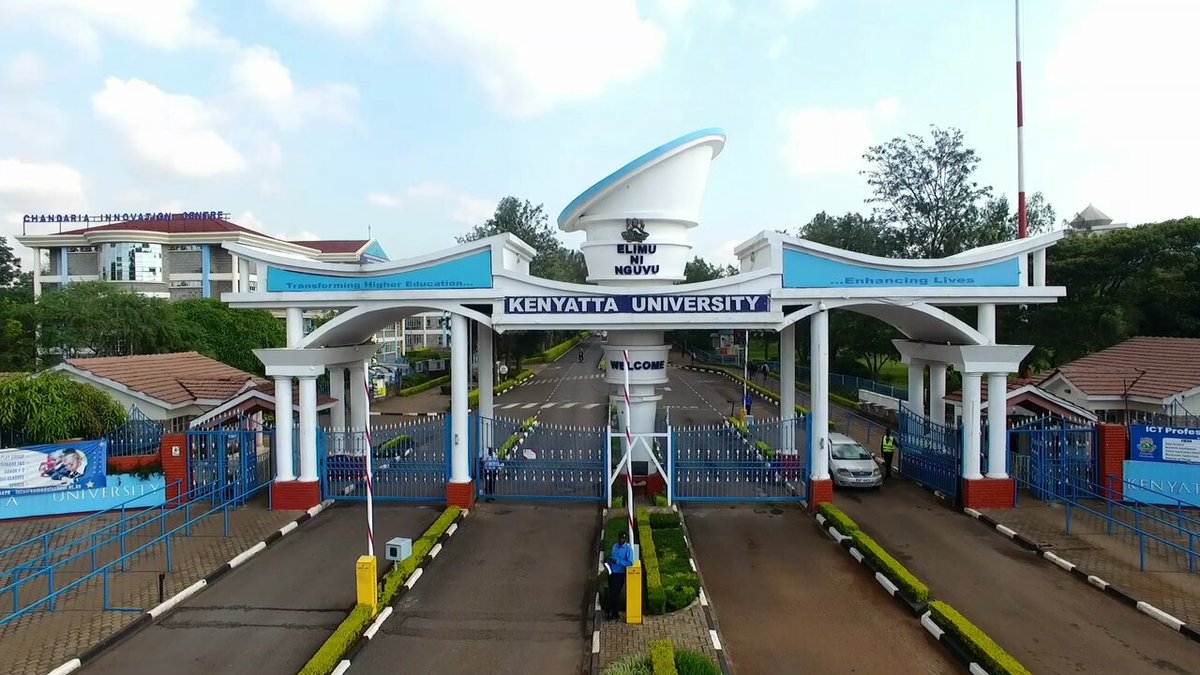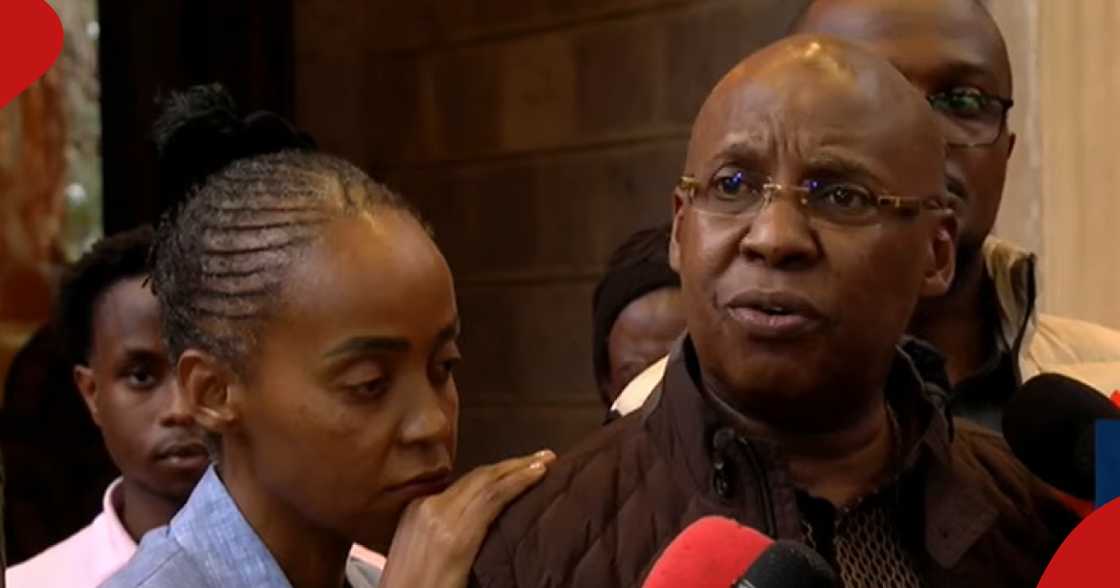By our correspondent
A former Kenyatta University lecturer accused of soliciting sexual favours from a student in exchange for higher marks has won a legal battle against the institution, raising significant concerns about due process in disciplinary proceedings.
Dr. Joel Mukilima Imbisi, who joined Kenyatta University in 1996 and rose to the rank of Senior Lecturer in History, Archaeology, and Political Studies, was dismissed in 2020 following grave allegations of sexual harassment. A female student accused him of coercive advances during the 2018/2019 academic year, culminating in an alleged demand that she spend the night with him at Kamaki’s, a popular Nairobi eatery. In detail, the student claimed the lecturer told her, “Your marks are in my hands.”
According to court records, the student filed a report with the Directorate of Security Services on 19 March 2019. She alleged that Dr Imbisi initiated inappropriate conversations, requested her mobile number, and later invited her to his vehicle under the guise of discussing academic matters, only to pressure her into a romantic relationship. She said she refused but was handed KSh 200 for lunch. Days later, she claimed he propositioned her again, tying her examination marks to her compliance.
However, the Employment and Labour Relations Court ruled that while the allegations were serious, the university’s handling of the matter was fundamentally flawed. The court noted that Dr Imbisi was suspended without salary or medical benefits, denied access to critical information regarding the complaint, and summoned to a disciplinary hearing without adequate notice or access to evidence.
Strangely, Dr. Imbisi testified that the university’s Registrar, Dr. Muindi, instructed him not to attend the hearing meant to determine his fate. Despite being under suspension for over a year, he was issued two notices to show cause, actions the court deemed procedurally flawed.
The court awarded Dr Imbisi KSh 404,400 in unpaid part-time teaching and marking dues but declined to award damages or reinstatement. The judge ruled that while the dismissal process was unjust, the court would not delve into the truthfulness of the sexual harassment allegations, which fall under the criminal justice system.
This ruling reignites long-standing debates in Kenya’s academic sector about institutional safeguards for both complainants and the accused. Critics argue that while universities must protect students from sexual exploitation, they must also ensure fairness in disciplinary procedures.
As the dust settles, one thing is clear, the need for universities to balance justice with procedure has never been more urgent.





